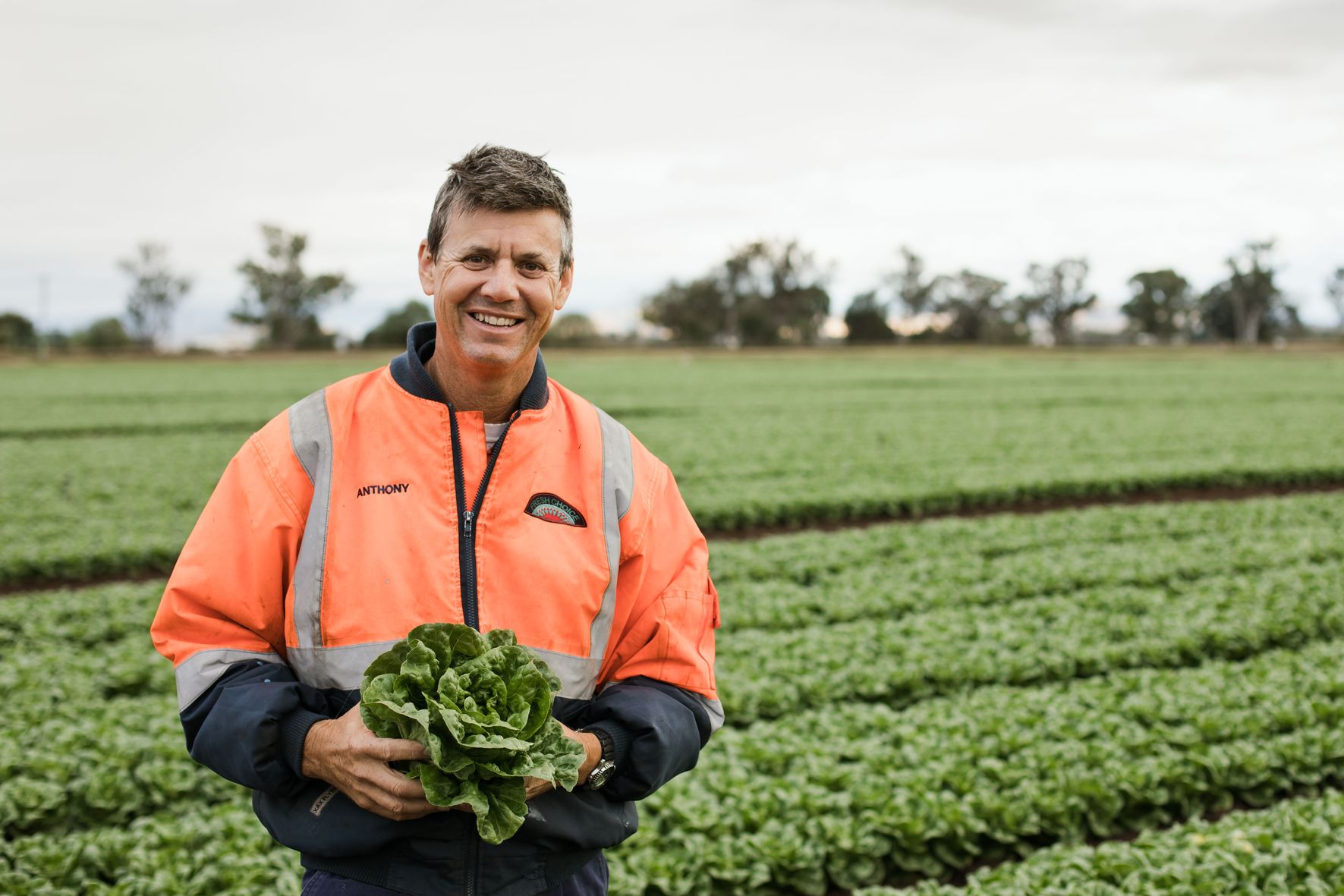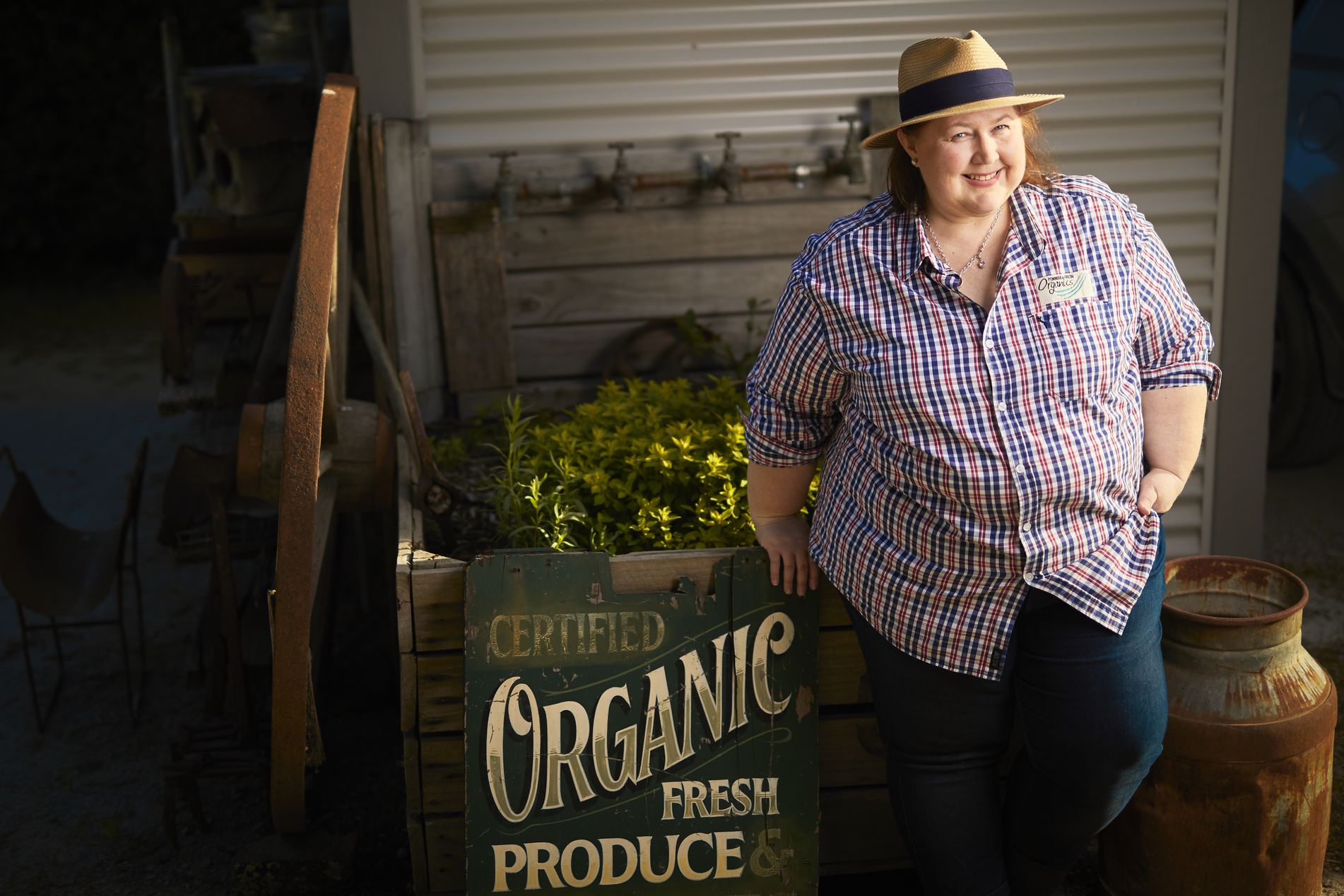
Going back to her roots: The path to Lisa Brassington’s success
9 July 2017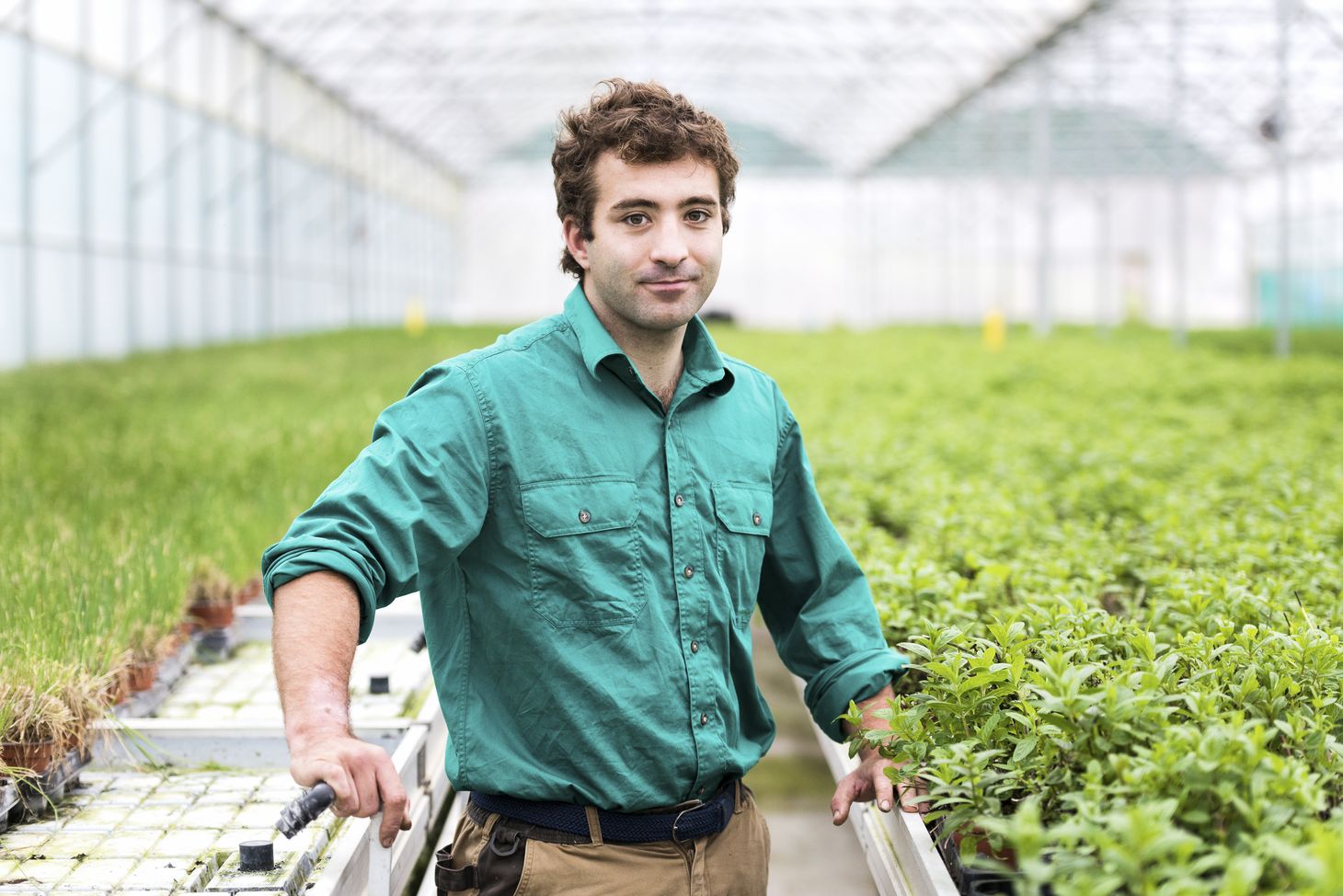
Earl Yandall: Starting strong in the vegetable industry
15 July 2017Queensland-based Koala Farms has grown marginally over the past 15 years, which led owner and 2017 Grower of the Year Anthony Staatz to adopt new, innovative ways to empower his staff and make the business the success it is today. Anthony spoke to AUSVEG about Koala Farms’ journey, the changes implemented and why he enjoys working in the vegetable industry.
Fast facts
Name: Anthony Staatz
Location: Gatton, QLD
Works: Koala Farms
Grows: Lettuce, broccoli, cauliflower and baby spinach
Anthony Staatz’s enthusiasm for adopting innovative growing practices and providing valuable training to all staff members at Koala Farms was recognised in May, with the Lockyer-based father of four taking home the 2017 Grower of the Year award at Hort Connections 2017.
Established by Anthony in 1995, Koala Farms grows lettuce (including twin-pack cos), along with broccoli, cauliflower and, most recently, baby leaf spinach. With 450 acres in the Lockyer Valley and another 600 acres on the Darling Downs, the growing operation has the capability to produce vegetables throughout the year.
Back in 1995, Koala Farms had just two permanent staff. Fast forward to 2017 and the growing operation employs 60 permanent staff in a range of divisions including the seedling nursery, production, harvesting, logistics, packing and administration, while upwards of 100 backpackers arrive each day to assist these teams.
A strong partnership
It is well-known that collaboration is a strong key to success in the vegetable industry, and a great example of this is the relationship between Koala Farms and Victorian-based lettuce and brassica growing operation, Fresh Select.
Back in the mid-1990s, Anthony met Fresh Select Managing Director John Said and the pair forged a strong partnership by exporting cauliflowers to Singapore and Malaysia.
“Getting involved with John and starting to export cauliflowers into Singapore and Malaysia really gave us the growth in the style that we needed – it really kicked us off,” Anthony explains.
“We work very closely together. We’ve travelled the world with John, looking at different businesses overseas and how they manage to produce at the scale that they do. John’s strength in our supply chain is in the relationships that he has, and the people that he knows within the industry – we’ve been able to visit the world’s best businesses in agriculture, and learn a lot of tricks of the trade.”
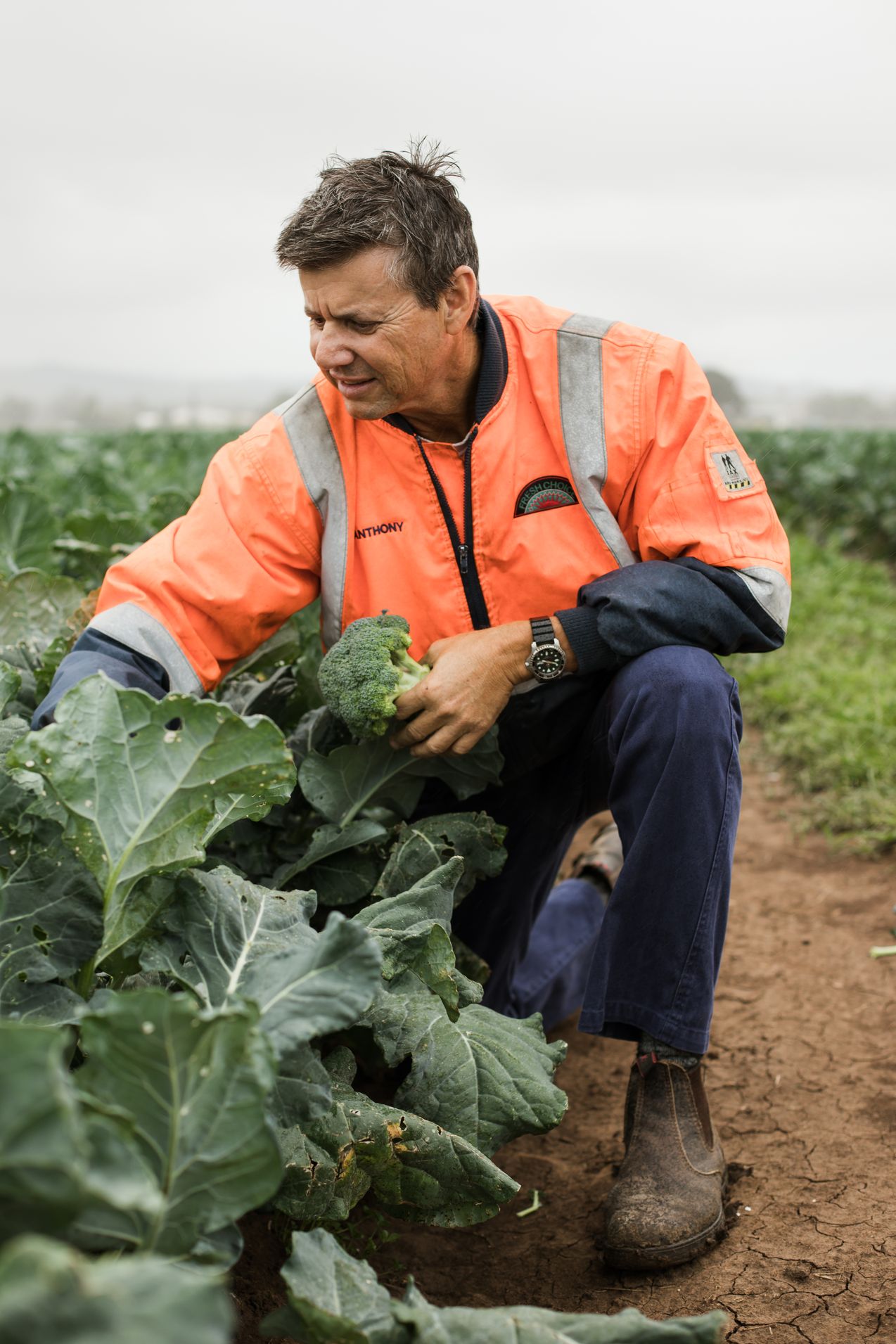
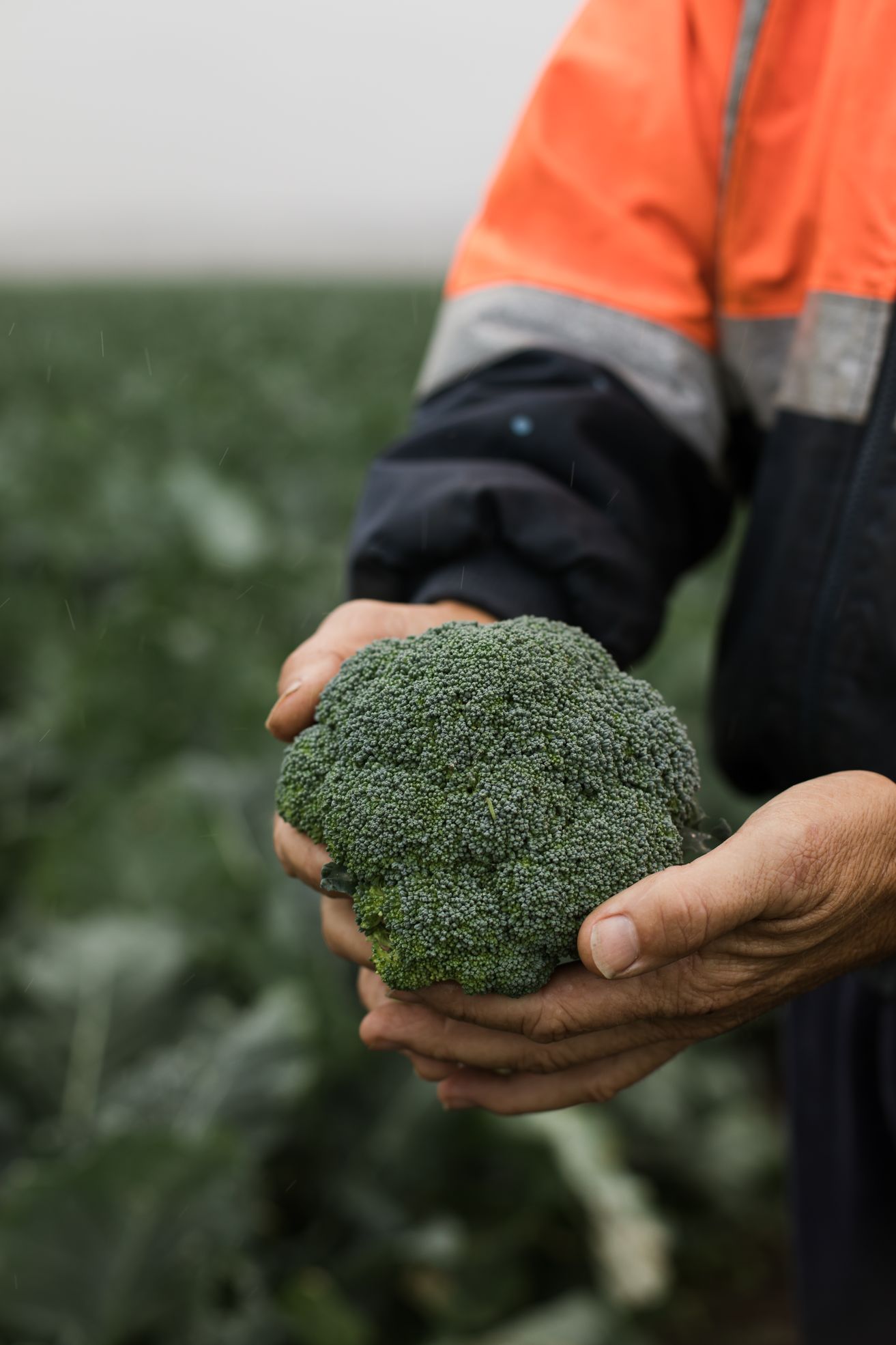
Staff development
Following the move onto the Darling Downs in 2002, business was booming – and Anthony quickly recognised the need to implement a management structure.
“One of the guys that worked for us was promoted to a farm manager. It was a really challenging time for our business because his expectations around our workers and within our teams were different to my expectations,” he says.
“About 10 years ago, we put a focus on trying to align expectations for our employees and our leadership team so that we all had the same expectations, no matter where they worked in our business.”
This resulted in the development of an introductory leadership program where staff in a leadership position complete a four-day course that focuses on different expectations of how they might perform as managers, and discusses leadership and communication.
“After that process, we do appraisals and performance reviews. We’ve aligned the structure within our business so that people understand who they report to. We’ve got behavioural procedures, so if people are not behaving in a certain way, we’re consistent in the way that we expect them to behave across our leadership team,” Anthony says.
“It’s not an easy thing to do, and it takes a lot of time and resources but it has been significant for our business.”
"For a farming business to be successful, it needs to be pretty fluid and be able to react quickly to things – so change is always the most challenging problem and probably the most enjoyable one. It makes you work the hardest."
Grower challenges
Growers face a lot of issues both on- and off-farm and Anthony says it’s those that cannot be controlled which are the hardest, including the weather and the availability of resources such as water or labour.
“Another challenge, particularly for our business, is being able to manage the growth and still be able to keep your fundamentals as competitive as they were when you were a smaller business. It’s hard to scale up and have the same results as you did when you were smaller,” he says.
Anthony explained that technology is being developed to assist with decision-making in the business, including timeclocks that measure the number of plants produced as well as soil moisture meters.
“To grow a crop, you can’t get away from the fact that you’re making thousands of decisions all the time about how to grow things properly, making people and your teams more capable and making the right decisions – which we think are fundamental to success.”
Relishing change
Anthony enjoys the variety of his work, particularly the constant challenge of everyday adjustments made in the business.
“Change is the biggest thing in our business, so I think you’ve got to enjoy that change and learn to enjoy the risk and challenge,” he says.
“For a farming business to be successful, it needs to be pretty fluid and be able to react quickly to things – so change is always the most challenging problem and probably the most enjoyable one. It makes you work the hardest.”
Anthony highlighted the importance of R&D in the vegetable industry, particularly in the market development space.
“If we can expand the pie and make the markets bigger, it makes for a lot more opportunity for a lot more people,” he says.
“I think there’s more need in our industry for corporate businesses. Our customers are getting bigger and the markets that we’re serving are getting bigger, so it’s only logical that the suppliers need to get bigger.
“There needs to be more work around understanding the critical needs around scalability, whether that is HR or getting a better understanding around finance and equity ratios and being sustainable on a big scale, or in a corporate-type business.”
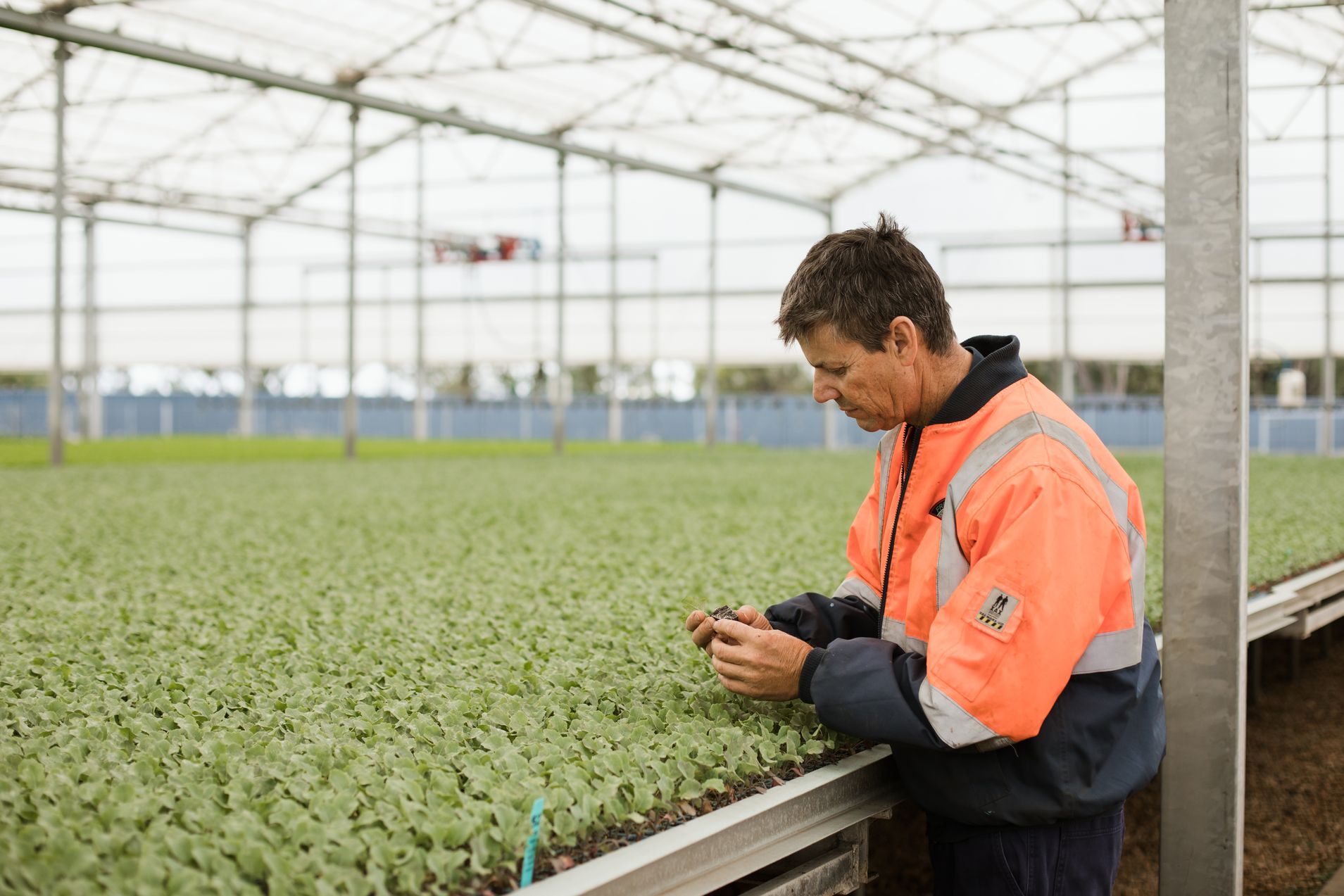
Moving forward
While Anthony says it is nice to be acknowledged for the innovation and contribution to the vegetable industry, the 2017 Grower of the Year admits there is still work to be done.
“We’ve always had a goal of developing a sustainable business in horticulture,” he says.
“You never really know if you’ve got that because every year is so different. We’re always working hard to ensure that we’ve got viability within our business.”
However, Anthony is full of praise for his team and what it has achieved to date.
“I’m proud of the team that we’ve developed, and of the relationships that we’ve got within the industry. I think it’s quite rare in our industry to have the depth of relationship that we have with our customers and the people that we work with. If anyone was to do a review on us, I’d like to think that we would get a tick there.”
This grower profile first appeared in the leading magazine for the Australian vegetable industry, Vegetables Australia. If you’d like to subscribe to receive a new edition of Vegetables Australia in your mailbox every two months, use our online subscription form!
Photo credit: Rowena Dione

